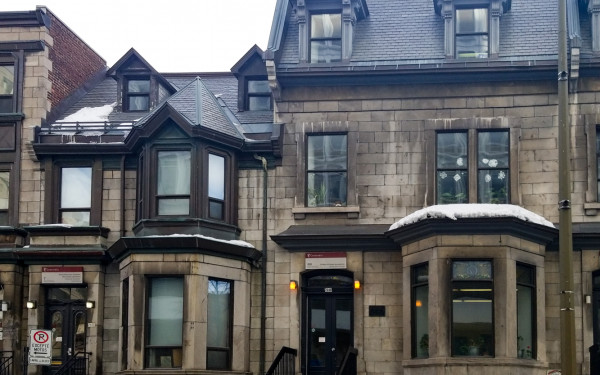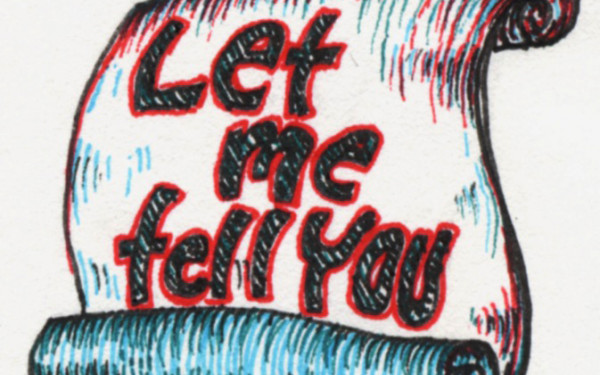It is time for Canada to stop funding Haiti’s corrupt government
Canada’s support of Jovenel Moïse’s presidency affects the freedom of speech of the Haitian citizens
Haiti has been under the dictatorship of President Jovenel Moïse since 2016, when he was elected.
In Haiti, the law states a president’s mandate lasts five years. Moïse was elected in 2016, which made his five-year term due to end on Feb. 7, 2021. Even though he took his presidential oath in 2017, Moïse argues that his mandate finishes on Feb. 7, 2022. According to the Haitian constitution, he cannot remain president.
Moïse consolidates his dictatorship by employing corrupted police forces to suppress the population’s freedom, which our Canadian leaders help fund. Instead of advancing the cause of the Haitian people, which is to push for a much brighter future, Canadian officials have sided with an oppressive government to quell anti-Moïse protests.
These past couple months, many protesters have taken to the streets in Haiti to denounce Moïse’s corrupt government. Some were even beaten or killed by police officers. In Canada, it is within our rights to use our freedom of speech to protest. In Haiti, where people are sick, starving, and being kidnapped, freedom is suppressed.
The Canadian government has a responsibility to promote freedom of speech and not constrain it in an already struggling and impoverished country. If our authorities cannot meet this commitment actively, then Canada should remove itself from Haitian politics and stop funding their police. When the police fired at protestors, Ottawa justified the Haitian forces’ actions by accusing the protestors of being too violent.
If our authorities cannot meet this commitment actively, then Canada should remove itself from Haitian politics and stop funding their police.
So far, both administrations in Canada and the United States are in support of Moïse ending his mandate in 2022. But even if Moïse’s intentions of fighting corruption are truthful, he fails to fulfill his promise.
Moïse stated that he would revise the Haitian constitution to allow a president to represent himself. In January 2020, Moïse refused to attend re-elections for the Chamber of Deputies, which forced Haitian deputies to end their mandate one year ago. With the dissolvement of parliament, Moïse has made himself a leader by decree.
Although I agree that a leader should have the right to represent himself, it should be done through fair and legitimate conditions.
If Moïse had stepped down as president, a judge of the Court of Cassation would have governed with an interim government. However, he removed three judges of the court in a non-constitutional decision. How can he claim to rule democratically when he removes systems that could refuse any of his law reformations?
Nevertheless, the Canadian government continues to show its support despite everything going on in Haiti. The country’s Canadian Ambassador, Stuart Savage, was even present at many of the police assemblies, but never denounced their actions. Instead, he met with the director of the Haitian National Police to establish new security procedures, and to reinforce police forces to help appease illegal protests.
An open letter to Prime Minister Justin Trudeau has been published in the Haitian publication called The Common Dreams Newspaper. The letter contains signatories from Professor Noam Chomsky, Professor Naomi Kelin, David Suzuki, and many intellectuals to denounce Canada’s role in this issue.
“It’s time for the Canadian government to stop propping up a repressive and corrupt dictatorship in Haiti,” said the letter.
Haiti’s situation is not recent news. It is also not new to hear that a well-developed country wants to fund a certain sector in a developing country for its own interests. Our government must do better. Even if we cannot influence Haitian politics, we can start the process by influencing our Canadian government to take responsibility for the questionable political decisions they make.







